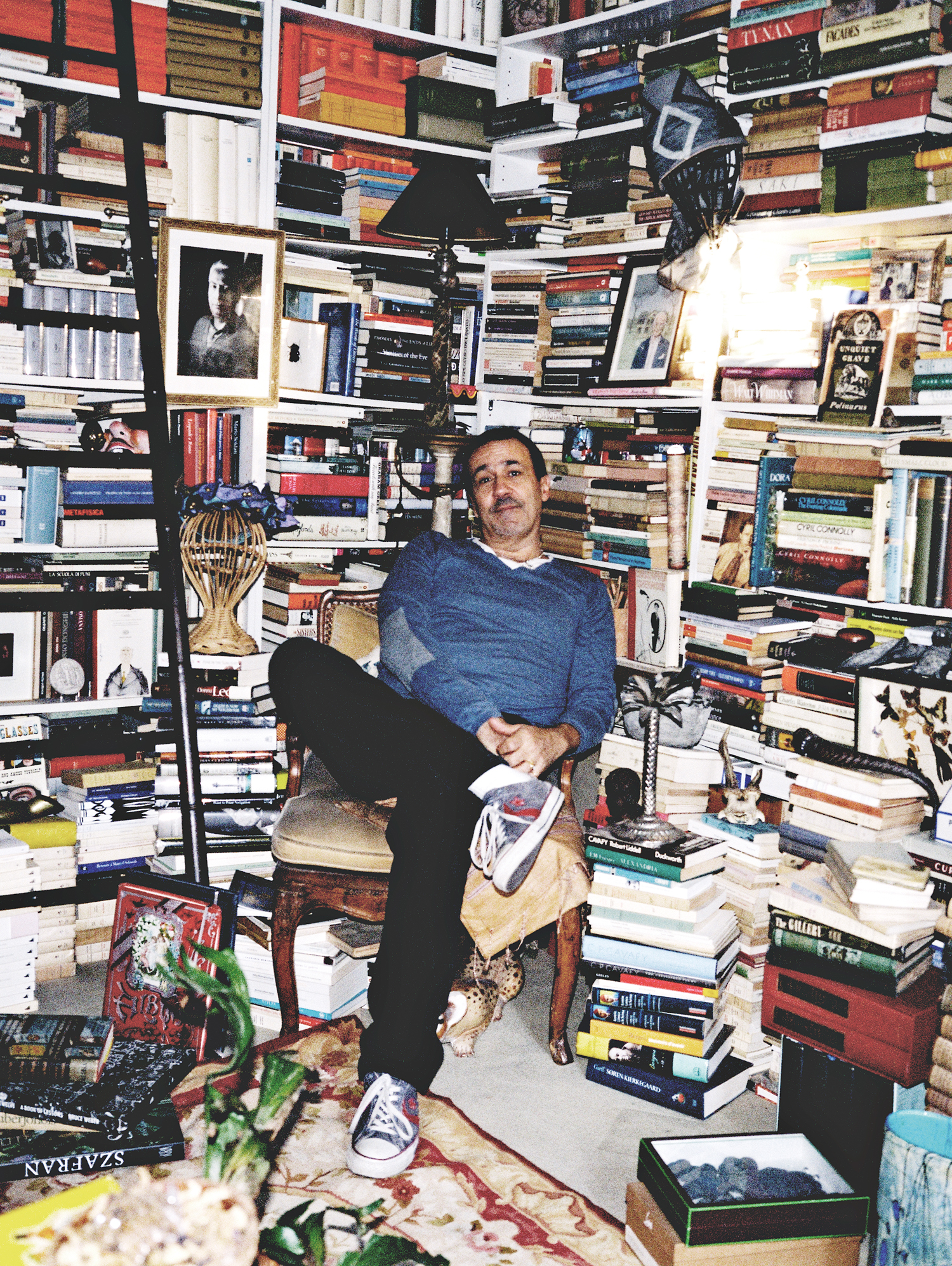Purple Magazine
— S/S 2013 issue 19
Patrick Mauriès
 Patrick Mauriès
Patrick Mauriès
on the second manifesto of Camp / Literature
introduction of his book “Second Manifeste Camp”, republished by L’Éditeur Singulier
translation by SARA SUGIHARA
portrait by GIASCO BERTOLI
photography BY OLIVIER ZAHM
What follows — is it necessary to say this out loud? — could be seen as a joke. A joke we must take quite seriously, of course.
Jokes are ephemeral and not particularly interesting, like this book. It was meant as a simple gesture, a private act in the sense that philosophers speak of private (and impossible) language. Clearly I must have missed something, though, because here I am 30 years later, and somehow someone is interested in reading this again.
Which might have stopped me from writing altogether, because it was such a surreptitious way (the only way possible, in fact) of sliding into the literary game. They say we write…